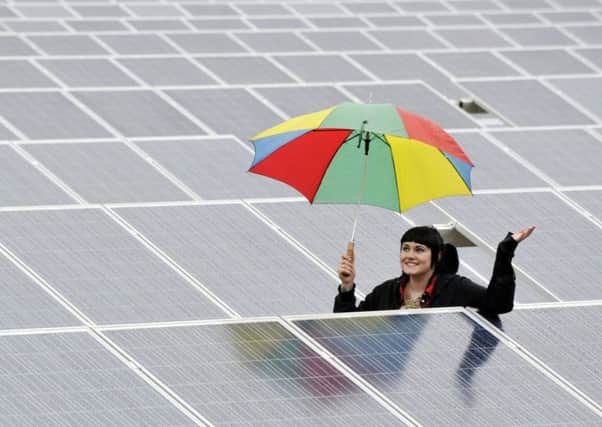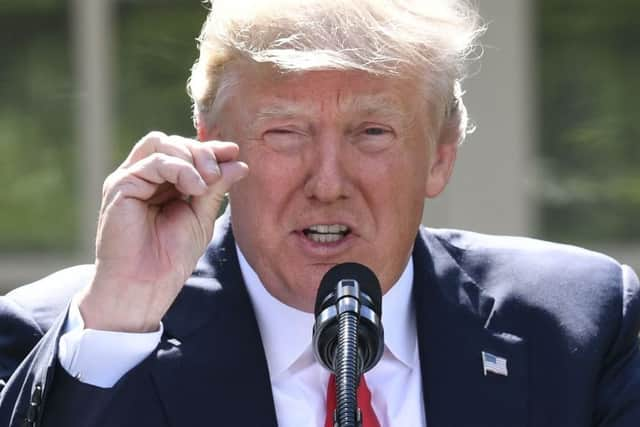Record added capacity gives renewables a major boost
This article contains affiliate links. We may earn a small commission on items purchased through this article, but that does not affect our editorial judgement.


The Renewable Energy Policy Network (REN21) said in its Renewables 2017 Global Status Report (GSR) that 161 gigawatts (GW) of additional renewable power were installed last year.
Advertisement
Hide AdAdvertisement
Hide AdThat increased total global capacity by nearly 9 per cent over 2015 to nearly 2,017 GW. Solar accounted for about 47 per cent of the capacity added, followed by wind power at 34 per cent and hydropower at 15.5 per cent.


The report said renewable power was becoming the least costly option, with recent deals in Denmark, Egypt, India, Mexico, Peru and the United Arab Emirates seeing renewable electricity being delivered at $0.05 per kilowatt hour or less.
“This is well below equivalent costs for fossil fuel and nuclear generating capacity in each of these countries,” the GSR report said.
“Winners of two recent auctions for offshore wind in Germany have done so relying only on the wholesale price of power without the need for government support, demonstrating that renewables can be the least cost option.”


Global energy-related CO2 emissions from fossil fuels and industry remained stable for a third year in a row despite 3 per cent growth in the global economy and an increased demand for energy.
“This can be attributed primarily to the decline of coal, but also to the growth in renewable energy capacity and to improvements in energy efficiency,” it added.
Advertisement
Hide AdAdvertisement
Hide AdOther positive trends included breakthroughs in renewable power storage technology, it said, providing additional flexibility to the power system.
In 2016, 0.8 GW of new advanced energy storage capacity became operational, bringing the year-end total to an estimated 6.4 GW.
Christine Lins, executive secretary of REN21, said: “The world is in a race against time. The most important thing we could do to reduce CO2 emissions quickly and cost-effectively, is phase out coal and speed up investments in energy efficiency and renewables.
“[President Donald] Trump’s withdrawal of the US from the Paris Agreement is unfortunate. But the renewables train has already left the station and those who ignore renewables’ central role in climate mitigation risk being left behind.”
The REN21 GSR is regarded as the most comprehensive review of the state of renewable energy markets.